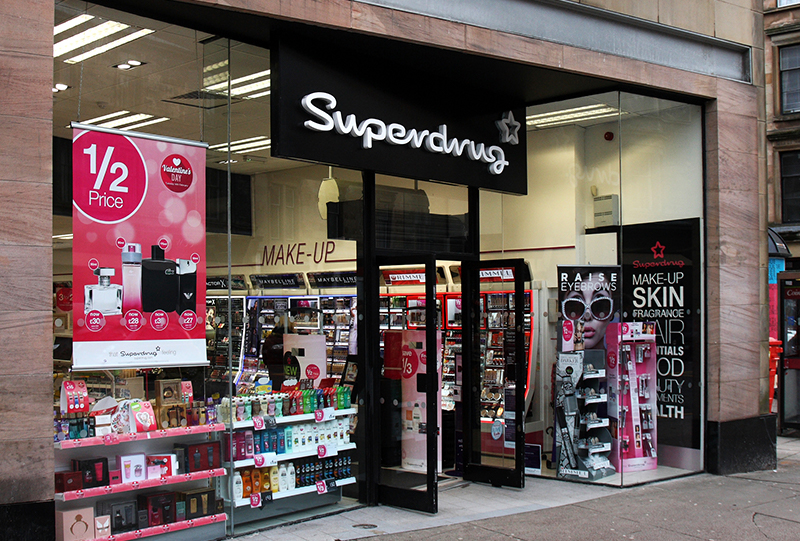
Superdrug have recently announced that they have been the target of a data hack, with a warning to customers that their personal data may have been stolen.
The health and beauty chain admitted that they had been contacted by someone who appears to be a hacker, claiming that they have obtained personal data from approximately 20,000 customers.
A spokeswoman from Superdrug stated:
“The hacker shared a number of details with us to try and prove he had customer information – we were then able to verify they were Superdrug customers from their email and log-in”.
The company also confirmed that 386 accounts had been access, including customers’ names, addresses, data of birth, phone number, and Superdrug balance points, however luckily no card information was obtained.
They sent out an email to their customers, in addition to a confirmation on Twitter stating:



